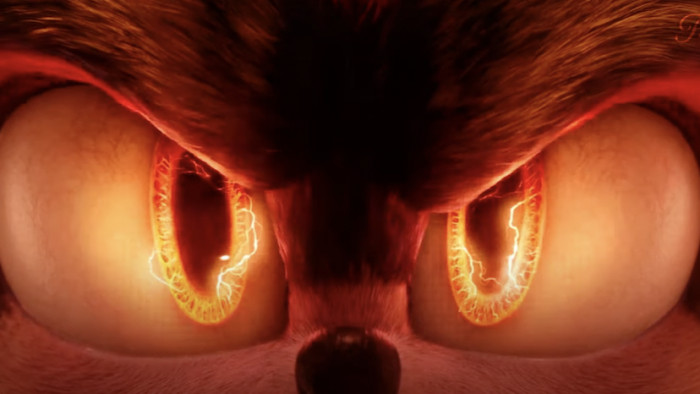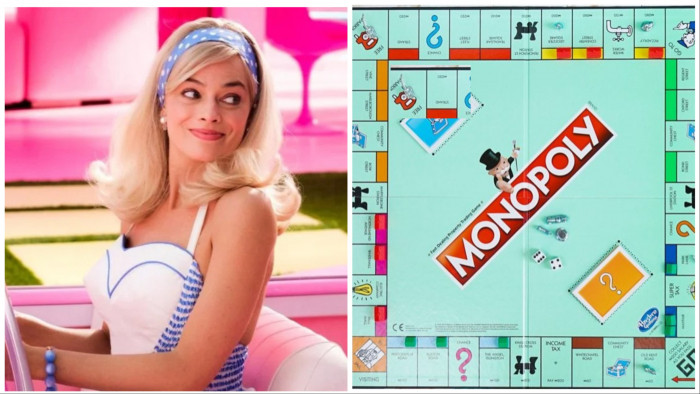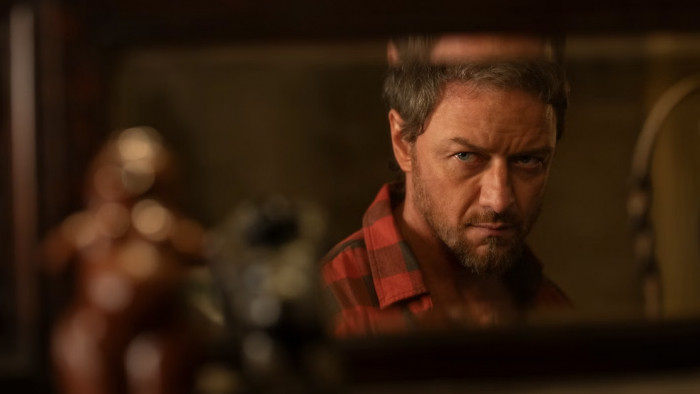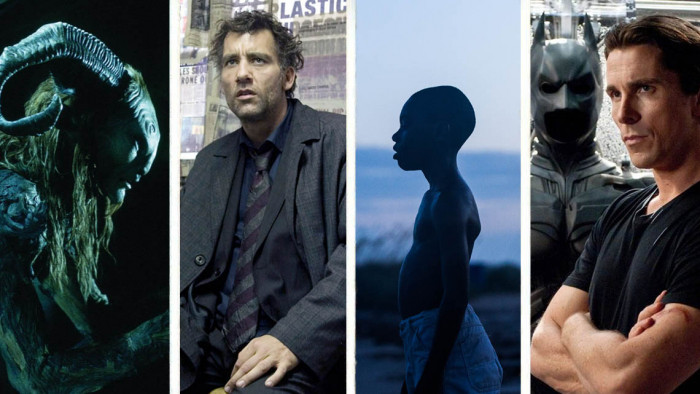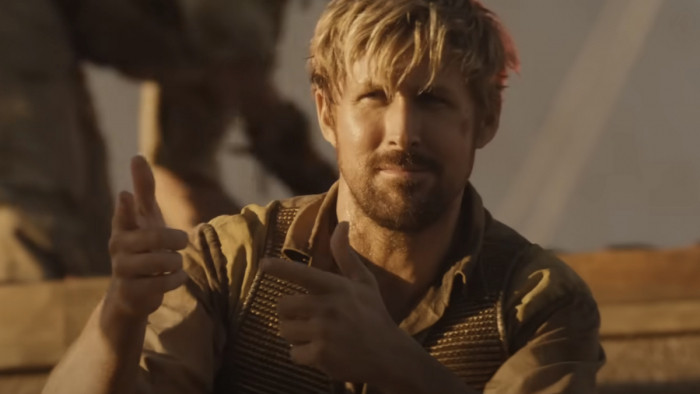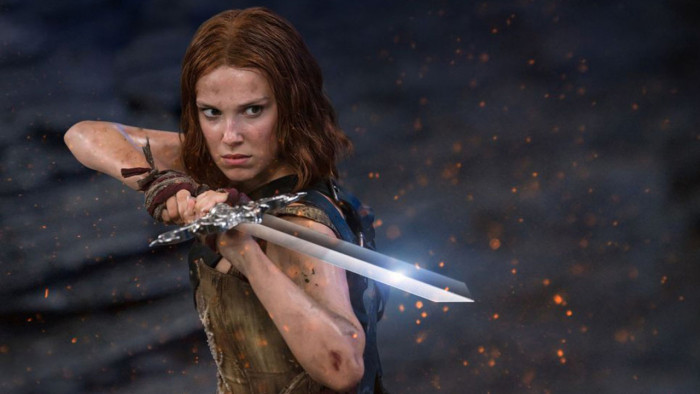Joe Dunthorne on the idea of elusive adulthood
The acclaimed author on the difficulties of becoming a fully-grown human


Everyone is obsessed with growing up, with progression, with definitively having your shit together to the point where nobody can doubt you. Where kids will start calling you ‘mister’ in the shop when they ask you to buy fags. Where banks will give you a credit card now that you no longer have the credit rating of a homeless ghost. But for many, the idea of adulthood can feel… elusive.
In his new novel, The Adulterants, Welsh author Joe Dunthorne explores what it’s like to not quite know how to become the fully-grown human you thought you were destined to be. Since this was something that, ahem, hit quite close to home, we spoke to the Submarine-author about what the hell we’re supposed to do next.
You’ve just had a son – congratulations, by the way. What do you learn when you have child? What’s the first thing that changes?
Well, suddenly you’re not free anymore. And that’s major. The thing that I was worried about as a younger man was that having a child would reveal to me that I didn’t have a heart or any of the emotions that you were supposed to have. It was just going to come out and I’d look at it and feel nothing. In the end I had all of these lovely warm feelings towards the baby. Which is good.
Did you ever worry you didn’t have the practical abilities for looking after a baby? Like, worrying about your capacity to keep something alive?
Absolutely. And it’s true: You don’t know how to keep a baby alive. You *do* keep it alive but there’s no channelling of innate knowledge from on high and then suddenly you can do it. You simply have to bumble through until it works. Raising a child is more trial and error than anyone should admit. It’s a lot of going “Well… how about *this*?” And 4am Googling. Sleepless, paranoia, anxiety Googling. Bad ideas on Mumsnet. All the things you shouldn’t be reading.
I read in your interview with the Guardian that you said that writing books was actually getting harder for you, rather than easier. Why do you think that is?
With writing novels maybe you end up picking the low-hanging fruit first. The things you’re drawn to are the things that come most easily. And obviously once you’ve written them, you can’t just write them again. So you’re having to search a bit deeper or go a bit further afield to tell the next story. They get harder to find.
Do you feel like each story takes a chunk out of you that you can’t put back?
Yeah. I was actually speaking to another novellist called David Vann who was saying he had this unforgettable childhood trauma so he wrote a novel about that. Then he had this crazy uncle so he wrote a novel about him. And then he was running out of family traumas to draw from, he’d used it all up and had to do research and tell other people’s stories.
You’ve talked about how the new book is themed around how London can stall adulthood…
In a way, a city’s doing a good job if it does that. You don’t want to grow up. There’s loads of fun things to do, nobody judges you for being old and in a bar: you can just keep going until you die. London doesn’t judge you. It welcomes you.
If you have money and an Oyster card you’re set.
Right: you can pretty much behave as you did when you were twenty-one, if you liked. For most people, though, it can become tiring.
The topic of being an adult comes up a lot in the book – is it something you worry about? Never being able to reach the adulthood level of say, your own dad?
Maybe that’s it, though. Maybe we think of adulthood as simply “being like the generation above us” and we’re never going to be that. The internet arrived and now we’ll never be like those people: even if we owned a home, had five kids, or whatever the status markers are, I just feel like it won’t happen for any of us.
Can it really be blamed on the internet? That feels like an easy out.
I’m not blaming the internet, it’s just a different culture. It’s a different way of existing. It’s not made us stupid, but the internet is not innate to our parents: we’re a generation for whom the internet is totally, totally normal. That’s a massive psychological change.
I guess our parents probably had that with their generation before them, with their parents being shaped by the war.
Maybe our parents felt like they’d never be adult enough, too. Maybe there’s an ego to thinking that this state of not being able to grow up properly is original to us.
Well, people seemed to get married earlier, have kids earlier, buy a house much earlier. Are we ever going to turn into our dads?
Well, I think that men definitely grow up in relation to our dads: either you grow up towards them or away from them. I’m certainly aware of noticing things about myself that is like my dad, and I will then make the decision to either stop it or to live with it.

Joe’s new book The Adulterants (Penguin)
I definitely feel I’m taking on my dad’s mannerisms. The things he says, sometimes, and we have the same laugh now.
I guess I notice it more, as a writer. I’m so used to observing and then cannibalising the stuff my parents do for source material. I’ve organised who they are, what they do, their verbal tics, the way my dad blows his nose… The way he cleans his plate with the last piece of bread so that it looks just like it’s been in the dishwasher. I find them charming, in a way, but I certainly can’t feel myself becoming them.
Do you ever long for that, though? Sometimes I’m jealous of my dad’s innocence, a man who’s never had to put up with some random bloke calling him a twat on Twitter.
I am envious of that. Twitter doesn’t bring anyone happiness.
Do you think ‘not growing up’ helps a writer?
It does help to keep that weird, childlike way of looking at the world. Seeing it through fresh eyes and not taking things for granted. That is part of the job, that naivete.
Ray’s wife is very heavily pregnant in the novel. Your own wife gave birth not too long ago. That’s quite a bit of crossover.
The parallels between Ray’s life and my own were intentionally very close so that I could easily draw from that. It was so useful, I didn’t have to do any research. But when it comes to your own mental health, stepping out of that office and into your home, returning to be this decent friend and decent partner, after years of that, I felt like I was having a David Lynch moment where me and the character were becoming blurred. It was not fun.
Does your wife also feel like she’s not yet an adult, too? Or did having children immediately snap her into adulthood? The gender divide on that stuff definitely seems skewed towards males…
No, I think we both feel like that. And we know a lot of mums who feel like they’re winging it, too. That’s part of what’s great about being together, being able to share those feelings of inadequacy. I thought I’d never say that I was a Londoner and that’s happened, so who’s to say I won’t become an adult? You can’t be fifty and not feel like an adult, can you?
I don’t know. Sometimes men go a bit funny at fifty and and buy a motorbike.
That’s true. They get dangerously close to finally becoming and adult and then step back and realise they never wanted to grow up in the first place.
Okay, so, in fifteen years, you’ll be fifty – an adult – and your newborn son will be fifteen. What are you going to say if he turns to you and says “Dad, what is being an adult about?”
Being an adult is a time when you can think about someone other than yourself. Not just egotism or selfishness. The most grown-up I ever feel is when I’m doing something pretty selfless or community-based. The most adult thing in the world to me is my dad helping to run the village church. He’s not even religious, he just likes to help. The other day, for the very first time, I helped out at the Hackney Winter Night Shelter and it wasn’t adult in the fact that it was solemn and serious, it felt adult in that it was nice to think about someone other than myself.
Do you think that being a writer rewards you for being selfish?
I think that living in London, and especially working in a creative industry, everything is always geared towards “What is special about you? What’s your special thing?” And that is exciting and cool but it is so insular. I’ve been down that hole and often continue to be down that hole, but you need to come up for air sometimes.
So when your time comes, you’re just gonna tell your son all that?
I don’t know if I’ll be equipped to tell him anything, even then. When you become a parent, you realise a lot of it is a performance, this idea that you’re going to be able to become this moral guide for another life and you’ll be able to show them how the world works. That’s fake. But there’s still this part of you that wants to do it for them. I can imagine that if you do that for long enough, fifteen years say… I guess we become who we pretend to be.
The Adulterants by Joe Dunthorne is available to buy now, published by Penguin
(Image: Rex)
Latest
Related Reviews and Shortlists


